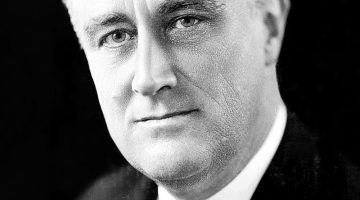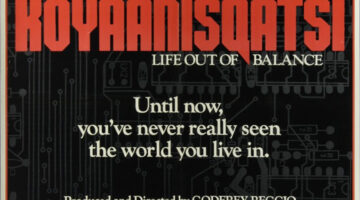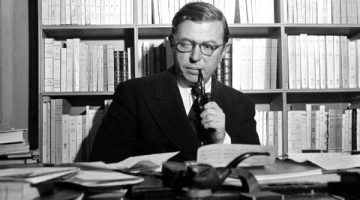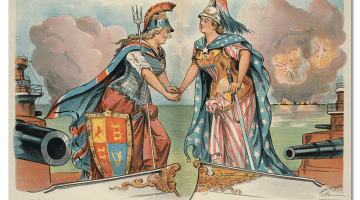
The 1936 National Democratic Convention in Philadelphia was a coronation of sorts for President Franklin D. Roosevelt, who faced little serious opposition in his pursuit of a second nomination. The convention program was full of articles and photographs that talked up the president’s programs and achievements during his first term. However a closer look […]








